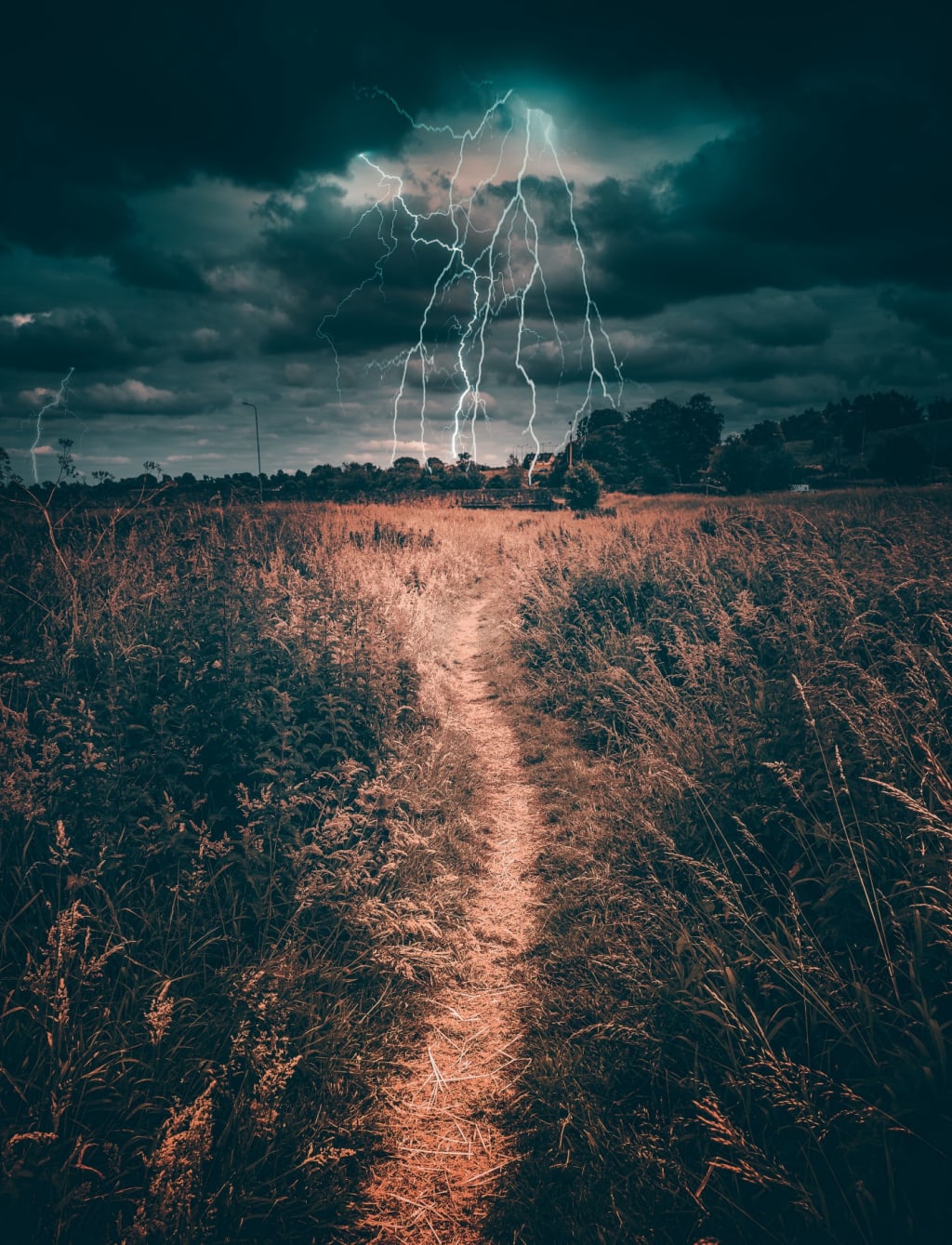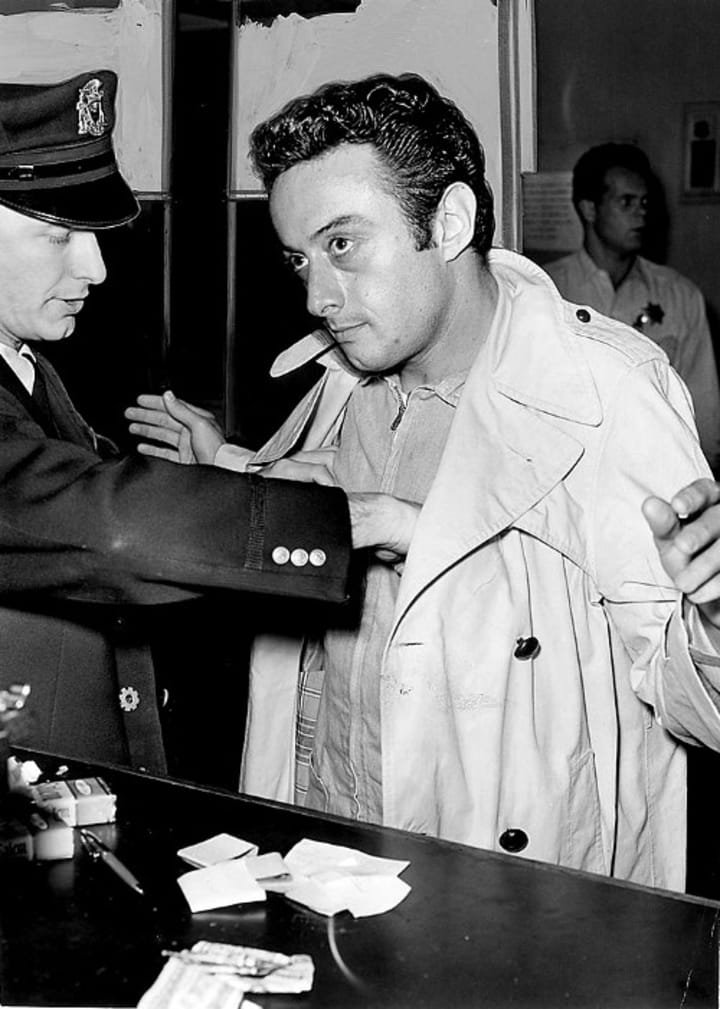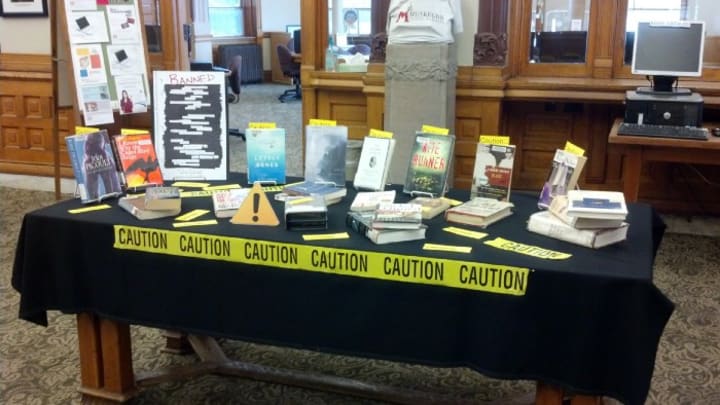When Bad Language is Bad For Writers
What are the advantages and disadvantages of swearing?

Profane, obscene, crude, or vulgar words have power. For writers, they can add accuracy and vividness to your dialogue. Used indiscriminately, excessively, or sloppily, bad language hampers your writing success.
Words often or usually classified as profane, obscene, or vulgar easily reach our eyes and ears. Bad language is ubiquitous nowadays. These bons mots have crept into songs, television and movie dialogue, news reports, and fallen readily from the lips of the mighty. TV ads hint at them with snarky word play. Terms for excrement, sexual acts, and abbreviations for them pepper written posts with the casualness of a walk to your own mailbox. No longer restricted to dialogue for trash-talking characters in detective novels, they stand in for common bread-and-butter nouns and exclamations.
Cursing does serve a purpose. Swearing when your hammer slips and smashes your thumb can help you tolerate the pain and lower blood pressure, according to research. Swearing is associated with positive physiologic happenings for the person uttering the words. But not for those hearing them.
As a writer, a wordsmith, a crafter of turns of phrase, do you have a personal standard for your use, if any, of such words? Should you? Here are a few potential impacts from the use of profance, crude, or obscene language.
You may have trouble attracting a publisher or agent
Writers agonize over the best ways to entice agents to represent them and publishers to accept their work. Dixiane Hallaj, founder and owner of S&H Publishing, shares,
“I have informal standards. I would only allow that sort of language in dialogue…sounds gratuitous to me (otherwise). I’d suggest they remove it…I know my readers. Some of them would not buy the book.” Hallaj has returned manuscripts with salty language to the authors for revisions. Not every publisher would give these second chances.
Publishers want to sell books, not turn readers away. While you’re wondering why you can’t get your book picked up, you might want to doublecheck your language.
You may be limited in your marketing
Maybe you self-publish and work without an agent or publisher. Even so, any writer seeking to advertise can find their business cramped by their language choices. There are publications, print and internet-based, (including popular social media sites) which will not publish profane, obscene, or vulgar language. This can include the use of euphemistic symbols standing in for the offensive words. At least one author has written about the hurdles of a title containing cutesy hashtag cussing.

Your work may be unappealing to a target audience
As a child, I read books printed in the 1800s which simply inserted blanks for offensive words. These words would be considered comical now but were naughty in 1862. And speaking of comedy, in the 1950’s, bawdy comedian Lenny Bruce became a poster boy for free speech. After being banned in multiple places, in 1964 he was tried and convicted for obscenity. Lenny Bruce died of a drug overdose while free on appeal and was not pardoned until 2003. Banned in multiple countries for the use of four-letter words and descriptions of sexual activity, D.H. Lawrence’s novel Lady Chatterley’s Lover described an aristocratic woman’s romance with a working-class gamekeeper. American and British publishers had to go to court in 1959 and 1960 before an unexpurgated version could be legally published in those countries.
In 1972, comedian George Carlin created a standup routine around the seven words which he “couldn’t say on television.” So he said them on the stage and on records to great tittering and raucous guffaws. George, like Lenny, was arrested but the arrest was tossed out.
Readers who grew up in these time periods may be less tolerant of bad language.
Your writing may not have a broad reach
Language styles vary across socio-economic, ethnic, racial, gender, and community groups. They also vary by setting. What is OK to say in a dorm may be problematic at work. Anticipate variations in the acceptance of loose language. Recognize that a person who lets fly with the occasional epithet may not want to see the same words in their electronic reader. Hefty ambivalence attaches to these sensitive words.
There are religions with bright lines against profanity. Don’t expect adherents to buy your book or read your blog if you lace it with objectionable language.
Your writing may lose international readership
Although what is perceived to be a common tongue may bind a group of countries, don’t be fooled. This is especially hazardous for terms relating to sexual matters. Sex is, for the most part, a private activity and various countries and groups within them have developed their own specific terms and slang. A shag is a haircut in the US, but not in all English-speaking countries. Be careful. Get familiar with word usage in other countries which share your language if you’d like international sales.
Your target audience reach may fragment across regions
British linguistic professor Jack Grieve researched language usage. He has published maps of the United States which reveal significant regional variations in the use of curse words. A crazy quilt of popularity emerges. Maine folks like one set of cuss words, Ohioans another. A writer might reasonably expect regional differences in the acceptability of foul language. There’s also the risk of misinterpretation of less familiar curse words from place to place.

You may face overt or unspoken censorship
Books and written material continue to be censored, formally and informally. Reading lists for students, libraries, and schools may omit books on the basis of content, expressed philosophy, or specific word usage.
Your writing may quickly become dated
Australian editor, author, and publisher Tahlia Newland believes bad language “always marks a book as being written in a certain era; it limits the book’s appeal for future readers.”
Your work may garner poor reviews
Newland also believes “It also unnecessarily limits readership now because some people simply don’t want to read books full of such language and they will leave negative reviews warning others that the book contains such language… it limits potential readership and risks poor reviews from those sensitive to such language who buy a book without a warning label and find it full of it. Readers will leave scathing reviews of books full of bad language especially if they are YA or children’s books. A language warning is necessary to avoid such reviews, but that will still limit sales. As a publisher I would reject any book submitted to me that had a lot of profane, obscene, or vulgur language in it."
Your skill as a writer may be questioned
My first thought reading a blog in which the writer uses a common word for excrement as an off-hand term for any number of things is, “Don’t they have a larger vocabulary?”
Robin Farmer, an editor, national award-winning journalist, and author of Malcolm and Me, goes farther. “I think writers would have a higher language, love the language…would treat it with respect.”
These actions can help you address bad language
Develop a personal standard for the use of obscene, profane, and vulgar language. Consider your mission as a writer, your target audience, and your business goals. Decide consciously if you will restrict its use to dialogues or other points of view voices in which the narrative reflects strongly the voice of a speaker.
Write your decision down and use it for a reference.
Consider discussing this issue with your writing group, professional writing organization, or book club to garner other viewpoints. Find out what your peers think and do.
Then write…write…write.
About the Creator
Diane Helentjaris
Diane Helentjaris uncovers the overlooked. Her latest book Diaspora is a poetry chapbook of the aftermath of immigration. www.dianehelentjaris.com






Comments
There are no comments for this story
Be the first to respond and start the conversation.